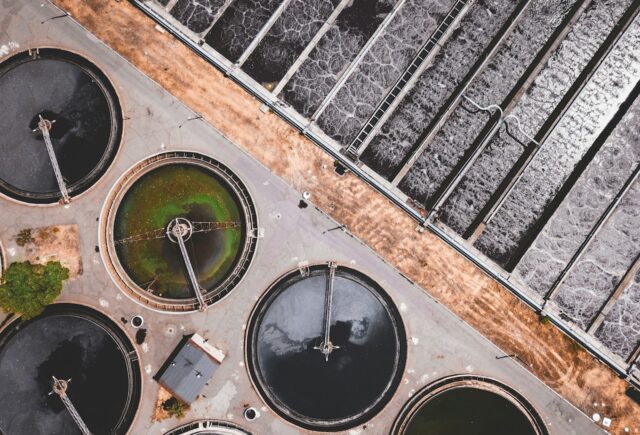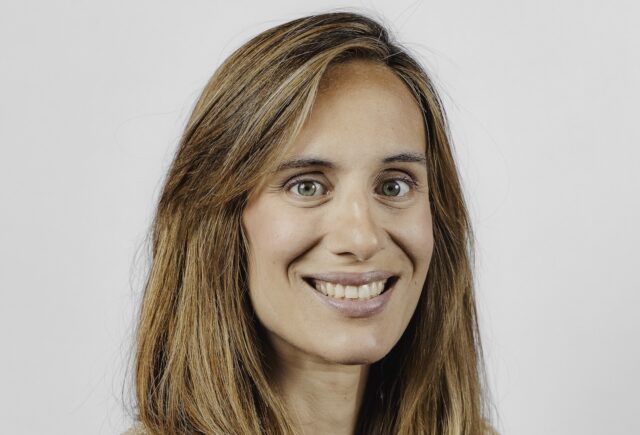The facility, backed by European impact investors including responsAbility and BlueOrchard, will be used by QNB Leasing to provide finance for clean energy projects, micro and small companies and sustainable economic development.

FMO, the Dutch development bank, has arranged a €130m syndicated A/B term loan facility for Turkish finance company QNB Leasing to support clean energy projects and small firms focusing on women, youth, and rural development.
FMO said the syndicated loan facility, which it led, was one of the largest syndications for a non-bank financial institution in Turkey. Cassa Depo siti e Prestiti (CDP), the Italian development bank, is a parallel lender for the facility, while B-loan participants include funds managed by responsAbility, the Global Climate Partnership Fund, BlueOrchard Microfinance Fund and Atlantic Forfaiting.
QNB Leasing and the loan syndicate members are seeking to support clean energy financing and inclusive and sustainable economic development.
Under the structure, 36% of the proceeds are to be directed towards financing for renewable energy and energy efficiency projects, with the remainder to be allocated for support of QNB Leasing’s micro and SME clients that benefit women, youth, and rural and agricultural development, FMO said. Turkey has a sizeable SME sector accounting for around 70% of employment in the country.
QNB Leasing, a subsidiary of Qatari-owned QNB Bank, is one of Turkey’s largest leasing firms, operating in the country since 1990. It provides leasing facilities across many industries, covering assets such as wind turbines, solar power plants, machinery, vehicles, medical equipment, and agricultural equipment.
Ruhi Cosgun, a regional manager at FMO, said the facility continued FMO support for QNB Leasing and had introduced the firm to a broader lender base.
“Our long-standing relationship with QNB Leasing has been instrumental in advancing sustainable finance in Türkiye [Turkey], and this syndicated loan facility marks a significant milestone in our collaboration,” he said.
Cristina Morelli, head of sovereign, corporates and financial institutions financing for international development cooperation at CDP, highlighted the benefits of investing in energy efficiency, which she noted was a strategic sector for the country in terms of sustainable economic growth.
The Turkish government published an Energy Efficiency Strategy and Action Plan in January 2024, which outlined plans to invest some $20bn (€17bn) in energy efficiency measures by 2030, as part of efforts to achieve a 16% reduction in primary energy consumption. In October, Turkey also produced a Renewable Energy Roadmap with ambitions to quadruple wind and solar energy capacity to 120 gigawatts by 2035.
Morelli also said support for leasing, which enables small firms with limited funds to gain access to vital but often costly equipment was a valuable use of impact investment.
“This financial operation reflects our strong commitment to promoting financial inclusion through innovative instruments like leasing, which play a key role in broadening access to finance for SMEs,” she said.
Other recent investors in QNB Leasing include the International Finance Corporation, which in February signed off on a five-year, $100m loan to support sustainable energy financing and so-called blue finance initiatives related to the ocean economy.
Beneficial loan structure
A/B loan structures are used by development banks and other institutions to bring a wider range of investors with impact aims into a facility. The lead arranger provides the A section, with other development finance institutions able to join the A loan through a parallel loan structure.
B loan participants benefit from the lead development bank’s – in this case, FMO’s – networks, international clout and expertise in deal structuring and impact investing to gain access to markets and customers that may otherwise be hard for them to reach.
Meanwhile, the syndicate’s customer benefits from, among other things, a simplified borrowing agreement with the DFI, rather than multiple lenders, potentially longer-term loans than available elsewhere, and access to new lenders with similar impact goals.
The European Bank of Reconstruction and Development recently deployed an A/B structure to mobilise €100m of additional private sector investment to support Renalfa IPP’s plans to build out renewable energy capacity in central and eastern Europe.






